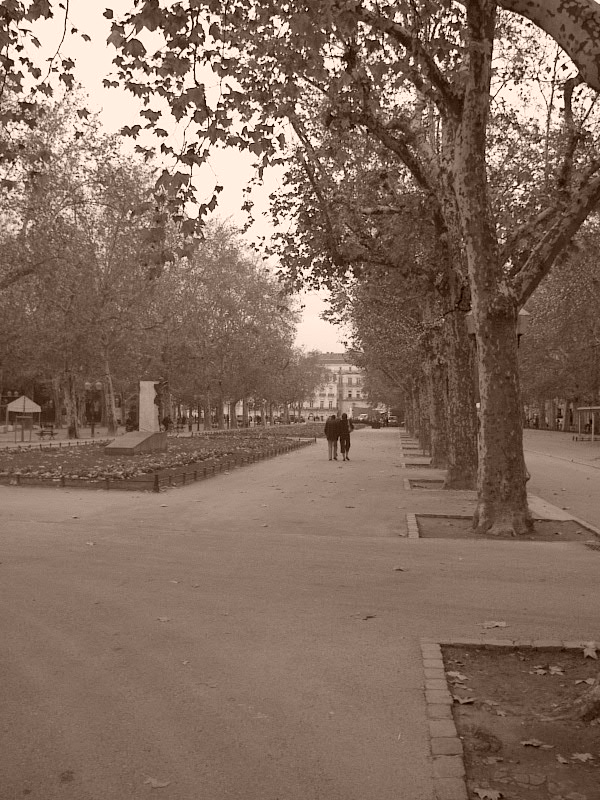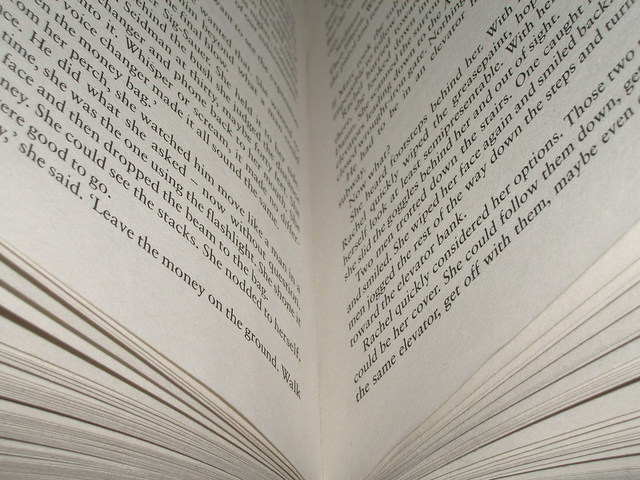Aunty Safia was Uncle Safdar’s wife and she talked to people in the air. This is how my mind sketched her first portrait in my childhood. Uncle Safdar was my father’s elder brother and lived with my grandparents. He was a tall thin man with one of the kindest faces I have ever seen, and walked with a long awkward stride. Aunty Safia was a reserved little woman with an impassive face who led her life by the clock. She had a cold calculated energy about her which seemed to push people out of her orbit lest it disturbed her disciplined life. Since they had no children, the order always remained intact. It was only during summer vacations when we and a brood of other cousins visited our grandparents that the commotion ensued.
Our summer vacations were all about uncle Safdar. There were endless rounds of badminton, carem board, and visits to the zoo and ice-cream parlours. Aunty Safia never shared those evenings and we had the impression that she didn’t like being around children, or even uncle Safdar for that matter. Even as children we could sense the distant detachment which characterized their relationship. Two persistent threads ran through their life together: he would sit through the night in the drawing room, with a knitted brow, smoking cigarettes and twiddling his leg. And she would talk to invisible people.
We often saw her smiling and talking to the beings which remained hidden from our eyes, and around those secret conversations we had woven a story in which aunty Safia was ascribed with unlimited powers. We believed she had djins and fairies in her captivity and she could make them do anything she wanted to. As children, our favorite pass time was sneaking a peak at aunty Safia when she was alone in the hope of seeing these djins and fairies.
I was the eldest of all the children and took up the challenge to enter the secret world of aunty Safia. One day I mustered up enough courage and knocked on the door while she was busy in her secret rendezvous with a strange expression on her face. She was startled but didn’t vanish as I thought she would.
“Aunty Safia who were you talking to?” I somehow managed to utter.
“To Hamza.”
“What does he look like?”
“He looks like a prince. Go play outside.”
I remember thinking of uncle Safdar who with his kind pinched face and tall awkward body was a far cry from prince of any kind. Something about the whole thing felt inexplicably sad to my twelve year old heart, and I never again dared to venture into secret world of aunty Safia.
As we grew older, aunty Safia’s secret conversations stopped being part of the magical and seemed, like her distant coldness, just odd.
When uncle Safdar died that I especially went to see her. She was living in a small house and her one unmarried sister had moved in with her. In her living room, something took me by surprise: uncle Safdar’s huge garlanded portrait on the wall. As we sat there sipping tea, she caught me stealing a glance at the portrait.
“How I miss him, he was such a wonderful man,” she sighed.
I looked at her, she seemed genuinely aggrieved. She went on tell me about the great relationship they had and how much he cared for her. Some trick of the mind seemed to have changed the entire script in her memory.
Uncle Safdar’s midnight painful musings flashed through my mind.
“I always thought that you two were…well, not very compatible?” I toned down the thought which had been nagging me since the moment I saw the garlanded portrait.
“No, no, we loved each other.” Her eyes caressed the portrait on the wall. “I feel he is still near me, I talk to him all the time.”
Something about the expression on her face brought back a distant memory. That of ‘Hamza.’ I realized that Uncle Safdar now existed in the same realm that ‘Hamza’ did. And aunty Safia could see him as it is possible to see someone who exists only in thoughts: hallowed and painted to perfection; uncle Safdar was now flawless and thus could be loved.
Her sister came in and our conversation shifted to other things. There seemed to be no love lost between aunty safia and her sister, she treated her with the same distant coldness which was uncle’s lot.
It was many years later that I again had the chance to see her.I was in the city and decided to pay her a visit. Aunty Safia had become quite old by that time but she still had that stern energy which characterized her youth. In her living room, there was another garlanded portrait: her sister’s. “She died last year and now I am all alone.” A note of tenderness crept into her voice as she pointed at the sacred wall, and continued, “She was not just my sister, but my friend. You know what a sister’s love is…”
Naureen Amjad has a background in development and gender studies. She writes freelance on different issues offering a female perspective.


